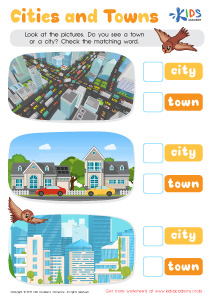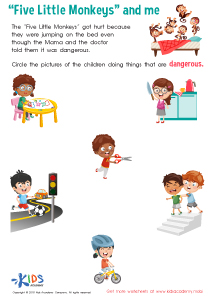Vocabulary expansion Easy Reading Comprehension Worksheets
7 filtered results
-
From - To
Enhance your child’s language skills with our Vocabulary Expansion Easy Reading Comprehension Worksheets. These user-friendly worksheets are designed to boost vocabulary and improve reading comprehension for young learners. Each activity focuses on familiarizing children with new words in context, fostering both engagement and understanding. With captivating stories and interactive exercises, kids will build essential language skills while enjoying the magic of reading. Perfect for classroom use or at-home learning, these worksheets support diverse learning needs and promote lifelong literacy habits. Explore our collection today and empower your children to become confident readers and articulate communicators!
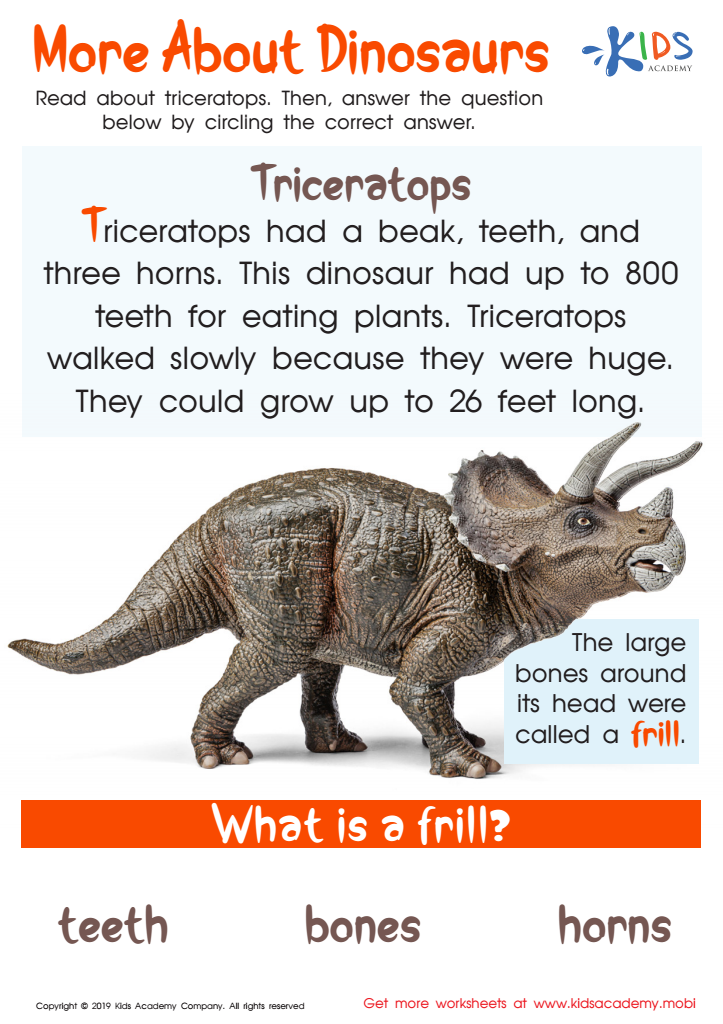

More About Dinosaurs Worksheet
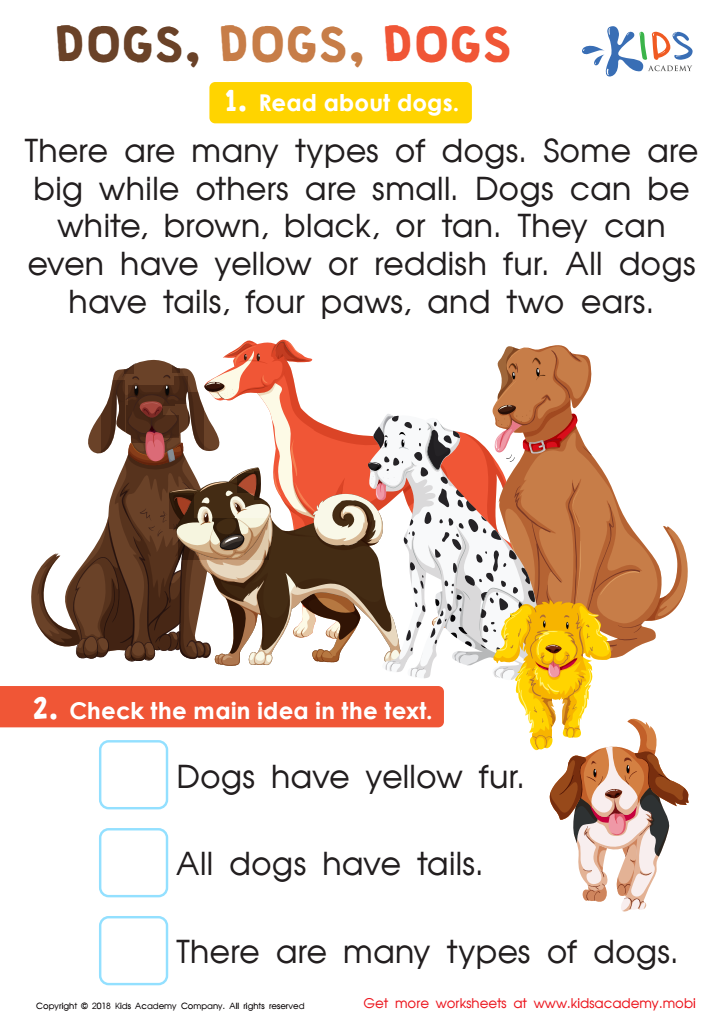

Dogs, Dogs Worksheet
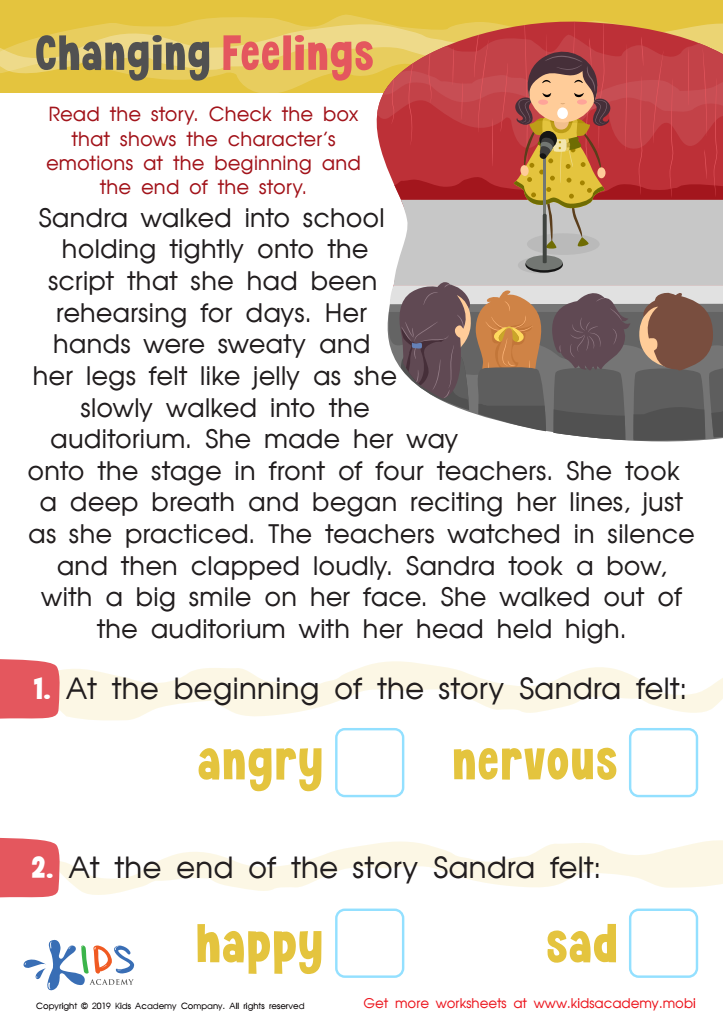

Changing Feelings Worksheet
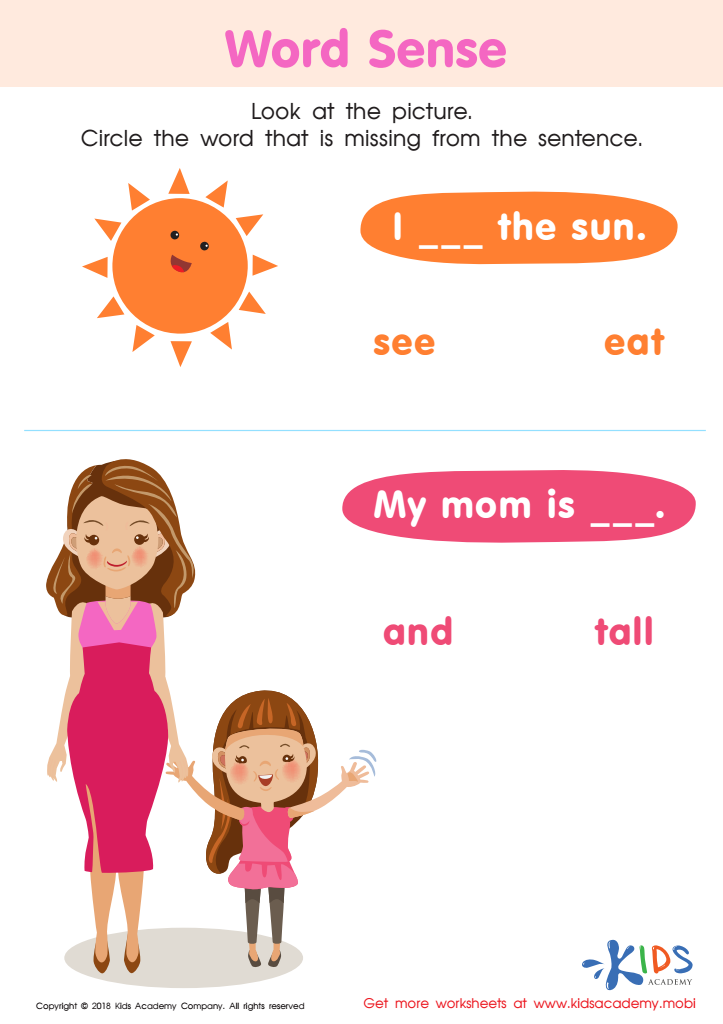

Word Sense Worksheet
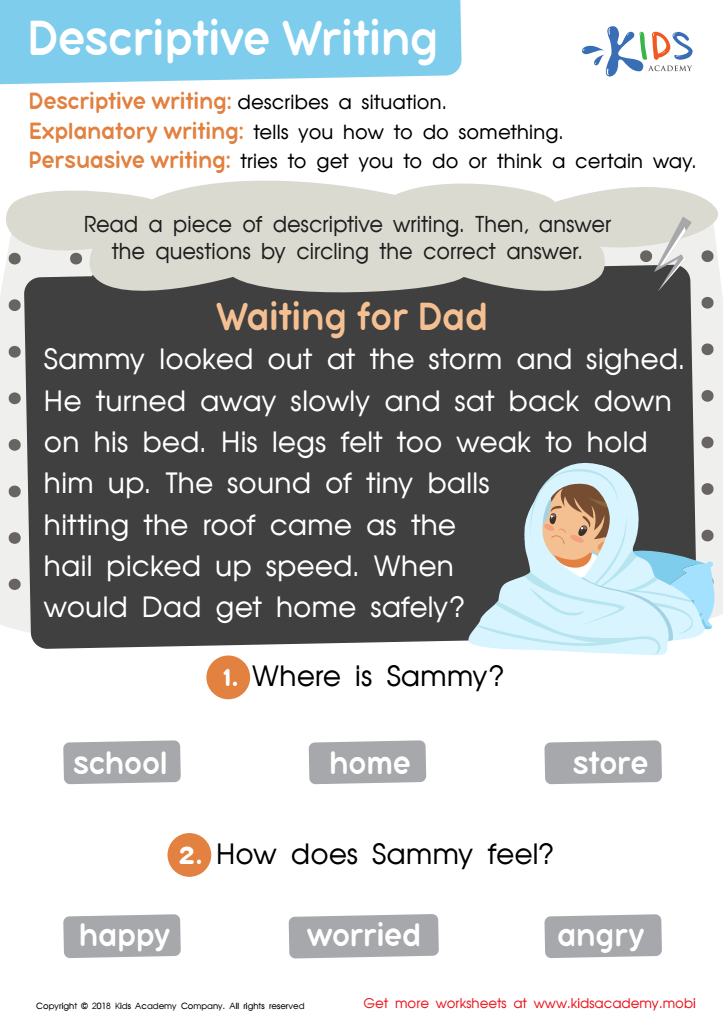

Descriptive Writing Worksheet: Part 2
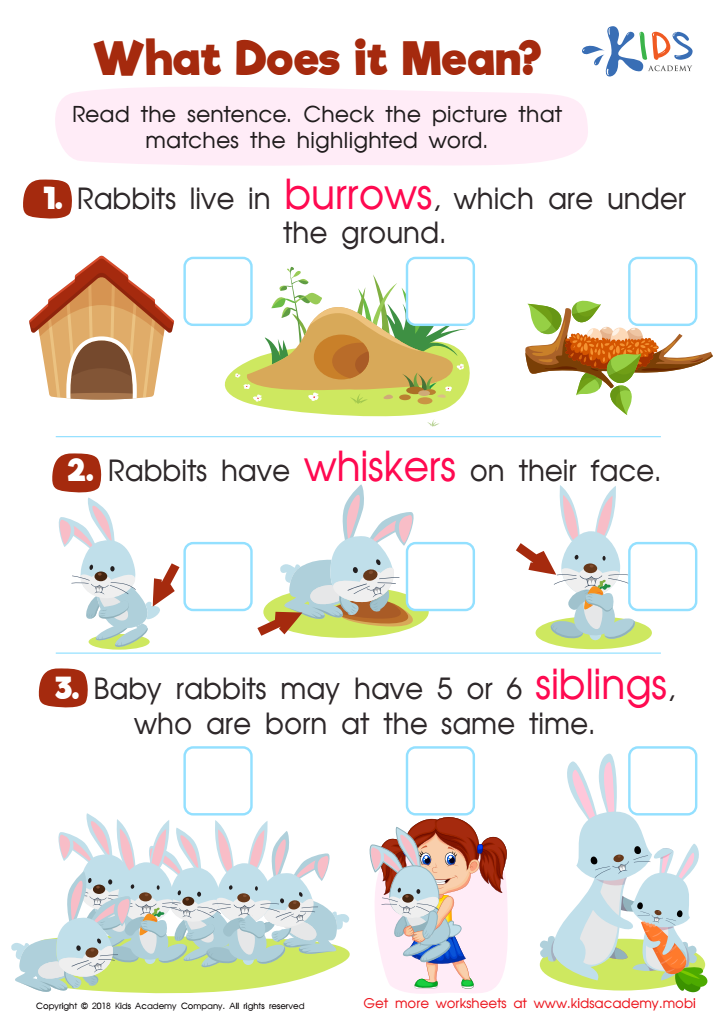

What Does It Mean? Worksheet
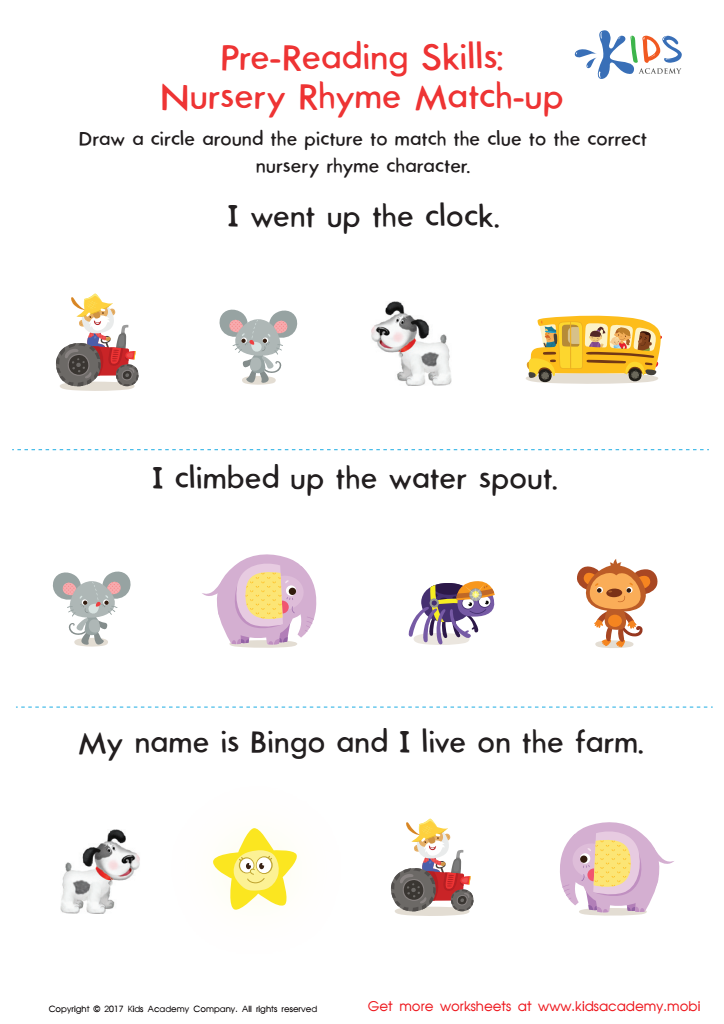

Nursery Rhyme Match–Up Worksheet
Vocabulary expansion plays a crucial role in early reading comprehension, making it essential for both parents and teachers to focus on this aspect of a child's education. A robust vocabulary serves as the foundation for understanding texts, as children who encounter unfamiliar words often struggle to grasp the meaning of the material. Expanding vocabulary allows young learners to make connections between words and concepts, enabling them to engage more deeply with the content.
For parents, fostering an environment rich in words—through reading together, discussing diverse topics, and encouraging curiosity—can significantly enhance their child’s expressive and receptive language skills. This involvement not only improves comprehension but also boosts confidence, as children feel more equipped to tackle challenging texts.
For teachers, incorporating vocabulary instruction into the curriculum is vital. Engaging activities that promote word discovery, such as games, word maps, and interactive storytelling, can motivate students and make learning enjoyable. As children develop a larger vocabulary over time, they become proficient readers, which positively influences their academic performance across subjects. Ultimately, focus on vocabulary expansion enriches communication skills, promotes critical thinking, and lays the groundwork for lifelong learning. Therefore, prioritizing vocabulary in education directly impacts a child's future success in school and beyond.
 Assign to My Students
Assign to My Students








.jpg)




